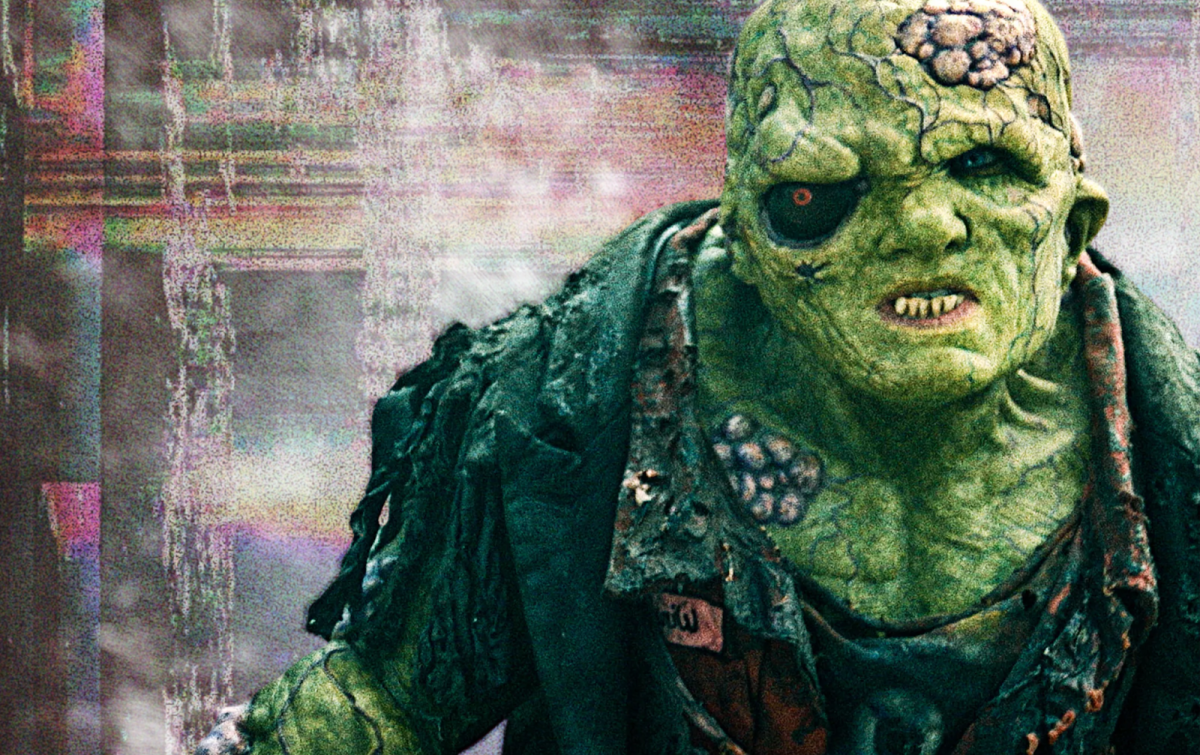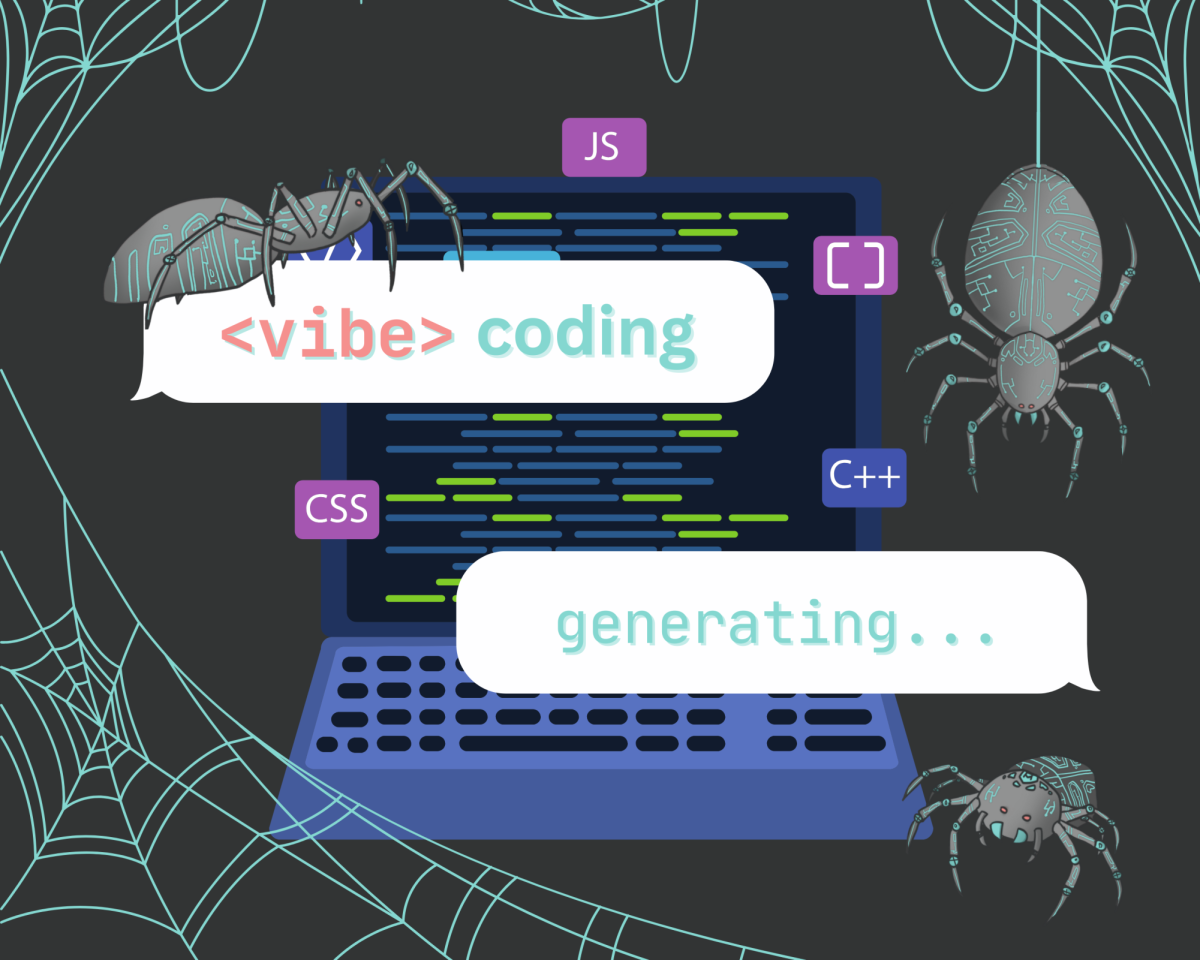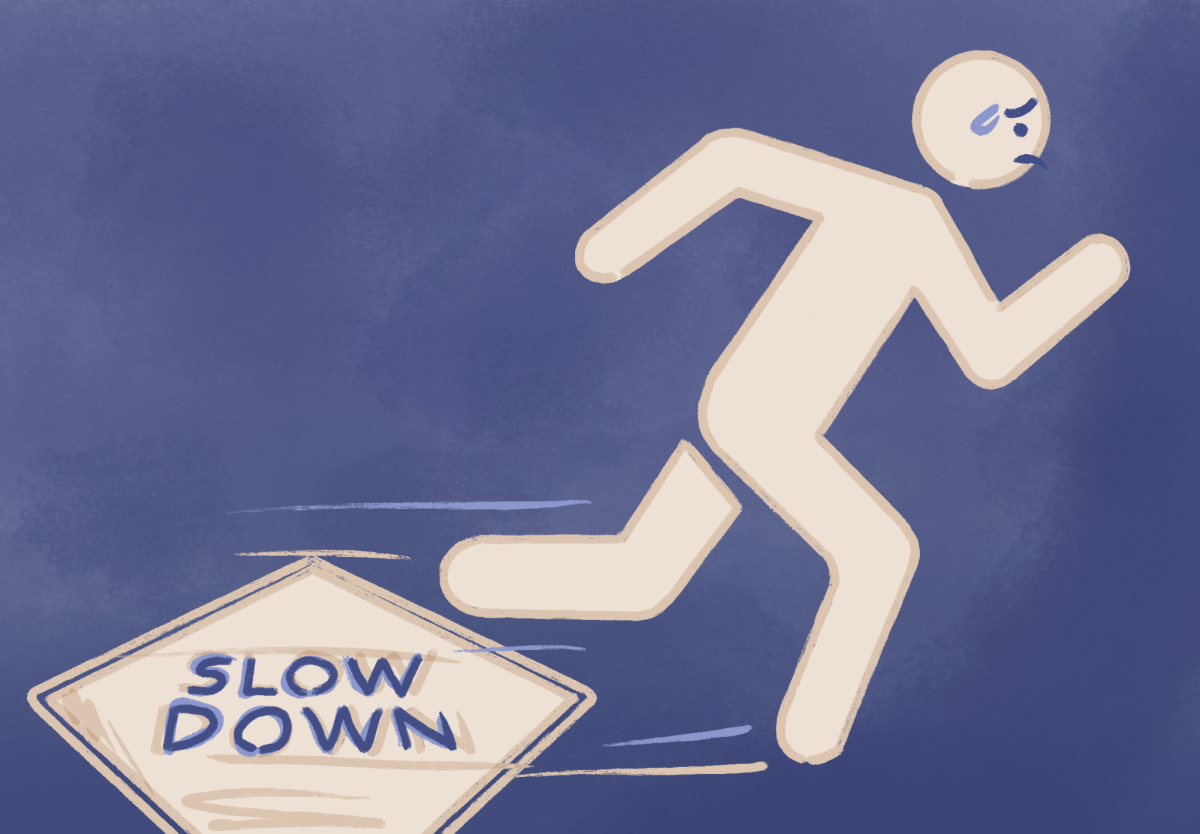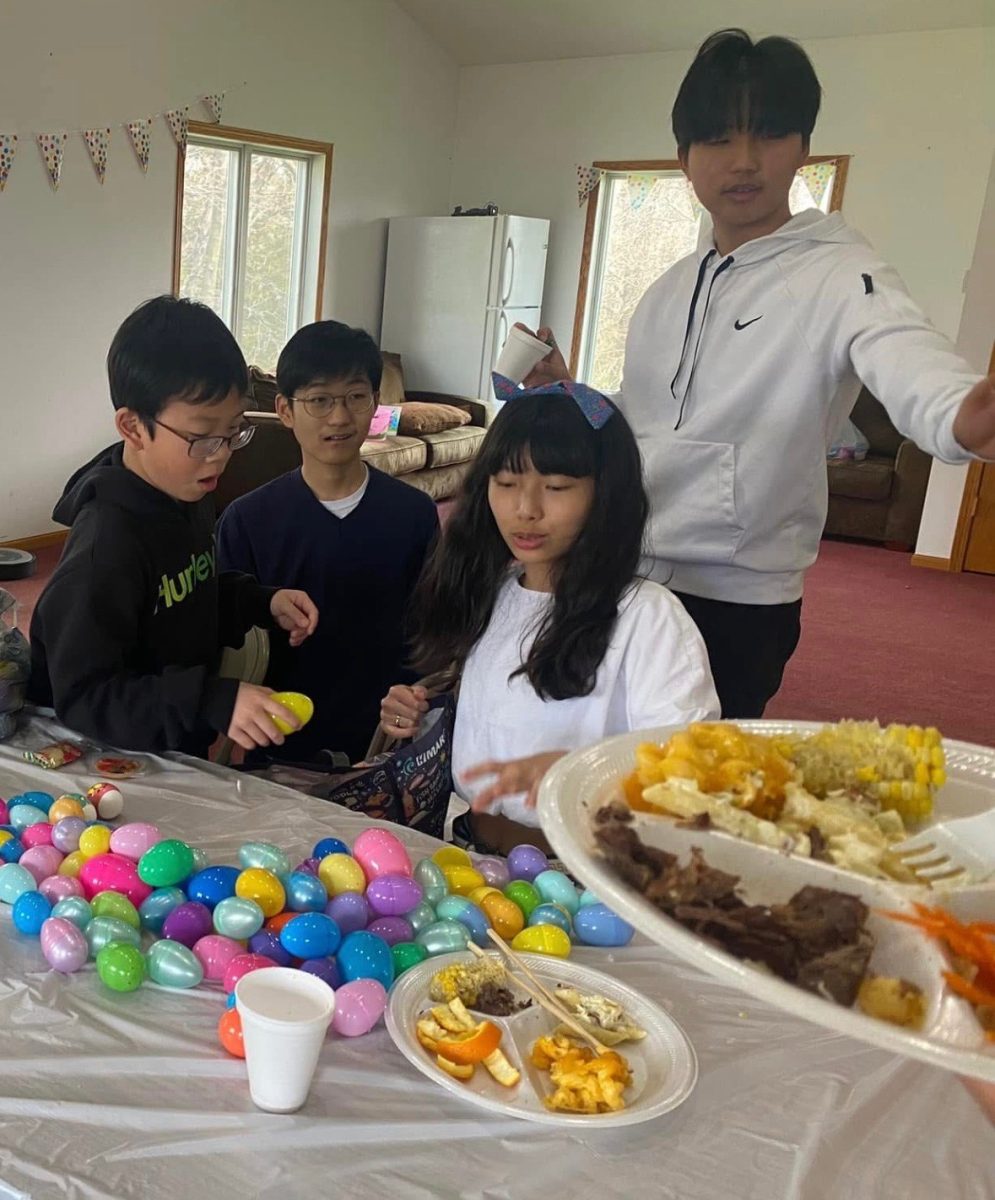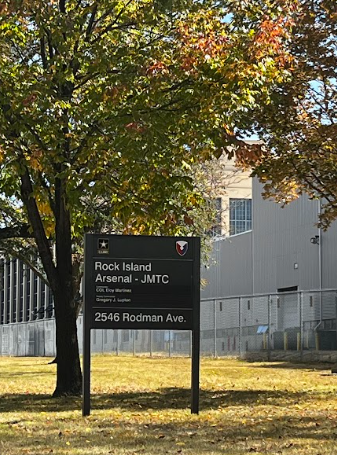According to a study by the National Association of College Admissions Counseling, around 48% of four-year colleges employ considerable-to-moderate importance on college essays in admissions decisions. With this pressure and the complexities of the Common Application personal statement, school-specific supplementals, and University of California Personal Insight Questions, students are bound to be overwhelmed. However, in 2024, Artificial Intelligence (AI) provides a new resource for stressed students, holding great potential but also raising concerns about misuse.
AI is rapidly infiltrating numerous aspects of everyday life, from non-humanoid smart vacuums and navigation apps to eerily crafty robots and now, deep-learning chatbots. OpenAI introduced ChatGPT in November 2022, a chatbot that quickly garnered significant attention due to its accessibility and incredible versatility. ChatGPT can generate images, write code, plan vacations, and write an essay all within seconds.
According to Education Week, in 2024, around 33 percent of college applicants used AI for essay assistance. On My Way Consulting college counselor Julie Mozena has witnessed this AI use with her students, most evident in the last few years.
“It’s becoming very, very problematic in our industry… In the last year and a half, maybe starting from earlier 2023, [my company has] seen this huge uptick in students making use of AI to write their essays,” Mozena said.
Upon a student sending Mozena an AI-written essay this year, she found it wasn’t difficult to figure out it was AI.
“This year was my first experience of having a student who clearly used AI; there was no doubt about it. At first, it reads quite well… Your first impression is, ‘Wow, this is pretty well written,’” Mozena said. “And then, when you get through it, [you realize] you really don’t know very much about this person at all.”
A major component of college application essays is connecting personal anecdotes to promising attributes, such as leadership, community building, and creative thinking. In agreement with Mozena, Archie Williams AP Language and Composition teacher Tes Howell believes AI is unable to provide these evidential constituents, contributing to a surface-level essay.
“I have seen essays that were the product of AI brainstorming, and it was clear that something was not quite right. The voice was off, and the narrative was flat… AI writing is predictable and banal, and by using it, you are missing an opportunity to tell colleges in your own voice who you are as a candidate,” Howell said.
Students relying on AI to generate ideas sacrifice not only the quality of their essays but also the personal development associated with crafting responses to reflective-natured questions. Archie Williams senior Will Mulliken is currently applying to colleges and believes that the act of writing college essays reaps benefits outside of the application process.
“College essays have some really strong prompts that are just good things to think about [as a senior]. You’re going into college, it’s a big change in your life, and a lot’s going on, and I think the college essays are a good way to reflect…Using AI would make it so you aren’t getting that opportunity,” Will said.
Howell also finds that the growth students undergo while writing their essays without AI can be translated into the quality of their writing.
“The college app essay process, as painful as it can be, is really important in a senior’s development. Why wouldn’t you want to grapple with the prompt and figure out how to make sense of your own narrative? What do you stand for? How did you become the person you are now? AI writing tools cheat you of all of that and frankly do an abysmal job of telling your life story,” Howell said.
Students utilize teachers, counselors, and even private counselors for assistance through the college application process. Howell assists students every year with writing and editing their application essays, and she sees the immense pressure and stress seniors face. She credits AI’s ease of use to its appeal to students.
“Students turn to AI for a variety of reasons.. Maybe they are overwhelmed by the task or not confident in their ability to tell their story. Using AI is entirely too easy, so I am concerned that this will become more prevalent,” Howell said.
A significant concern with the growth of AI tool use is the struggle to detect it in a student’s application. Drew University Dean of Enrollment Management Colby McCarthy has faced this challenge in her four years in the position.
“We have received essays written using AI technology. You can tell sometimes, but I am sure not all use of AI in college essay writing has been detected by our staff. The most obvious [is] when AI is used alone to write the essay. It is harder to detect when AI has been used for pieces of the college essay,” McCarthy said.
Few colleges have released definitive AI essay policies, as the problem is relatively new and still developing. Those that have, including Brown University and CalTech University, show differing sides of the topic. Brown does not permit the use of AI under any circumstances, however, CalTech believes there are “ethical uses” for AI in a college application, such as brainstorming and grammar checking.
Drew University currently doesn’t have an AI policy for applications. However, according to McCarthy, supplemental use of an AI tool is not so different from other resources students employ in the application process.
“Using AI as a tool for brainstorming and proofreading is acceptable given that there are other resources students currently use for those same functions. Many students have a parent, teacher, or college counselor proofread and assist them in the brainstorming process,” McCarthy said.
Student access to help with their applications can lie behind a financial barrier. According to HelloCollege, “package deals, which provide extensive support throughout the entire application process, can range from a few thousand dollars to over $10,000.” At Archie Williams, students can receive free help from College and Career Specialist Lisa Neumaier or their academic counselors, but some families hire private counselors for more encompassing assistance. Will believes that, due to this barrier, AI tools can help to bridge the gap.
“Some people have college admissions counselors and people helping them. I’ve been lucky enough to have that, but for people that don’t have that opportunity, AI could definitely help in getting ideas and advice on their essays,” Will said.
As AI develops and becomes increasingly difficult to differentiate from human writing, Mozena believes that the most important thing for students to understand is that colleges do not expect “perfect” essays and that telling an authentic story is the most impactful.
“Admissions officers understand that these are 17-year–old students who are submitting these essays,” Mozena said. “They’re not expecting adult-level writing…You can trust yourself that you know..your own story [best], [not] by using AI.”
This story was originally published on The Pitch on January 23, 2025.









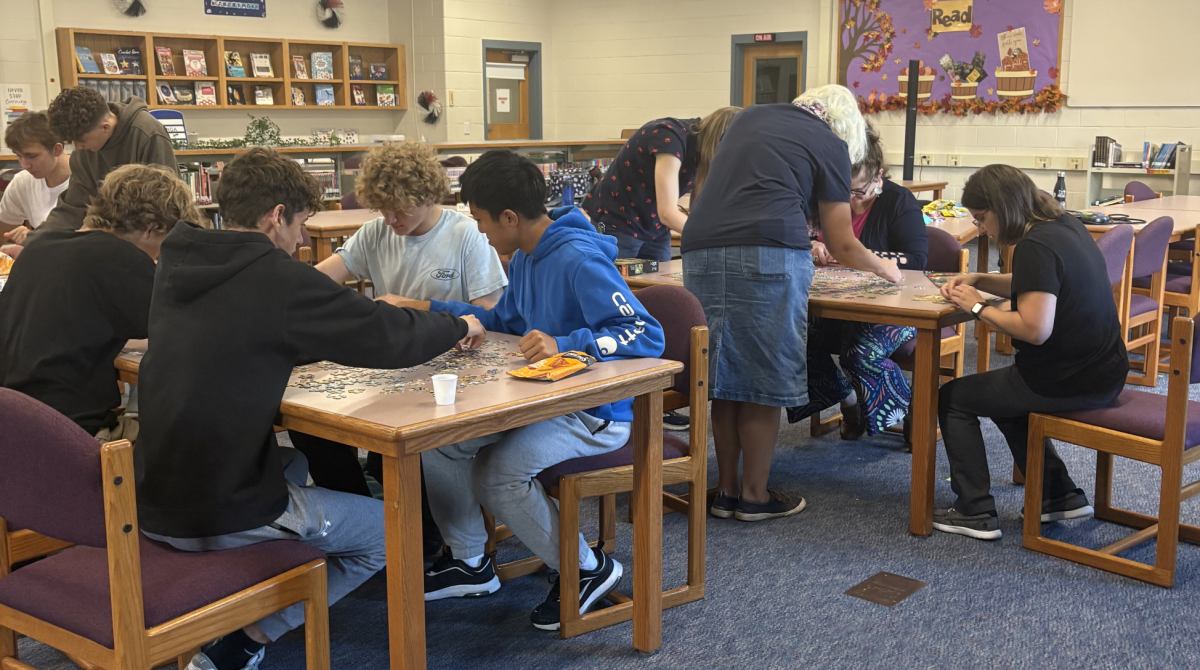
![Senior Dhiya Prasanna examines a bottle of Tylenol. Prasanna has observed data in science labs and in real life. “[I] advise the public not to just look or search for information that supports your argument, but search for information that doesn't support it,” Prasanna said.](https://bestofsno.com/wp-content/uploads/2025/10/DSC_0073-2-1200x800.jpg)





